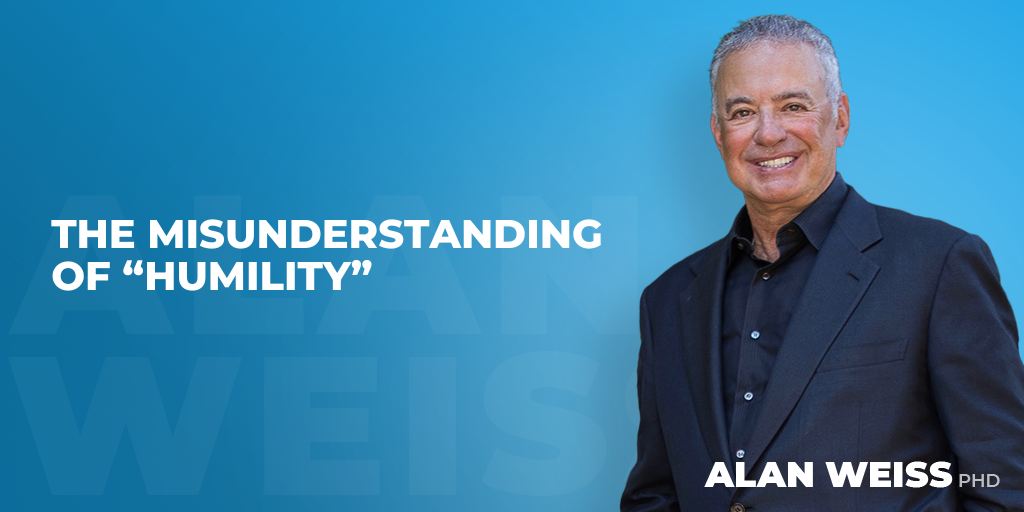Sticker Shock
I hear occasionally that a buyer has invited a consultant to submit a proposal, but responds with, “It’s just what we talked about, and I understand the potential, but the fee is a sticker shock for us and we just aren’t prepared for that kind of investment.”
How can that happen after a relationship has been built and there has been agreement on the outcomes? Here are the possibilities:
1. This isn’t a real buyer. He or she gave you all the right signals, but there is someone else who actually approves the expenditure and this person has been refused or won’t even take it to that real buyer.
2. You don’t have the relationship you thought you did. This is a buyer, but you were so nervous about forging agreement that you accepted shrugs and moans that had nothing to do with agreement or disagreement. You were too anxious to get to the proposal and afraid to truly explore objectives, metrics, and the project value with the buyer, for fear of being rejected. You accepted superficial friendliness for a true, trusting relationship.
3. You haven’t provided sufficient, tangible value to allow the buyer to see your fee in terms of Return On Investment. The fee is clear, but the benefits are vague and so the project outcomes don’t seem to merit the investment.
4. Your value is very clear but the buyer doesn’t believe it. You’ve either taken too liberal a position with outcomes, or the value is your estimate and you never obtained the buyer’s true commitment to the numbers and impact. The proposal’s ROI, therefore, though substantial, seems theoretical.
5. You haven’t demonstrated the annualized return, and the buyer is solely considering the first-year return, even though the benefits will accrue every year.
6. You never explored budget at all. The buyer had very good intentions, but was poorly educated and had the wrong paradigms about consulting. Consequently, any fee over X sets off all the alarms, no matter what the value. The client doesn’t think in terms of ROI, only staying within a small budget, especially if prior consultants charged by the hour or day.
7. Something intervened. Your priority slipped because of a new company priority.
8. Your proposal wasn’t congruent with your prior conceptual agreement. You may have changed the terms or dates or accountabilities, or the buyer perceives you have, but there is a dissonance which disturbs the buyer.
All of these, of course, can be prevented (even #7) if you take the time to ensure you’re dealing with a true economic buyer; forge a trusting relationship; achieve true conceptual agreement on objectives, metrics, and value; emphasize the importance of the project in the organization’s strategy; and investigate budgetary and cultural realities during early conversations.
The longer you take to establish relationships, the faster you make high quality sales.
© Alan Weiss 2007. All rights reserved.







Kevin Berchelmann
“The longer you take to establish relationships, the faster you make high quality sales.”
Insightful and accurate, though not necessarily intuitive for those in a “sales” (vs. ‘relationship’) mode…
Having just closed a Fortune 100 client, after over 2 years of steady relationship/trust-building, I can say with all sincerity that I know this to be true. It took all 2+ years to set up an agreement and close in 30 minutes.
Patience isn’t always a key attribute of independent consultants and entrepreneurs — but it must be to make the ‘real’ deals.
KB
Kevin Berchelmann
http://www.triangleperformance.com/leader
richmartin
Yes, and I managed to hit # 1, 2, 3, 4, 5, and 6 all with one proposal. Now that’s an accomplishment. Put that one in the I’ve learned a lesson pile. That being said, I find myself in the process of repeating these mistakes again with a new prospect, mainly because of # 2.
Thanks Alan for the reminder that this is indeed a relationship business.
Cheers,
Richard Martin
Alcera Consulting Inc.
http://www.alcera.ca